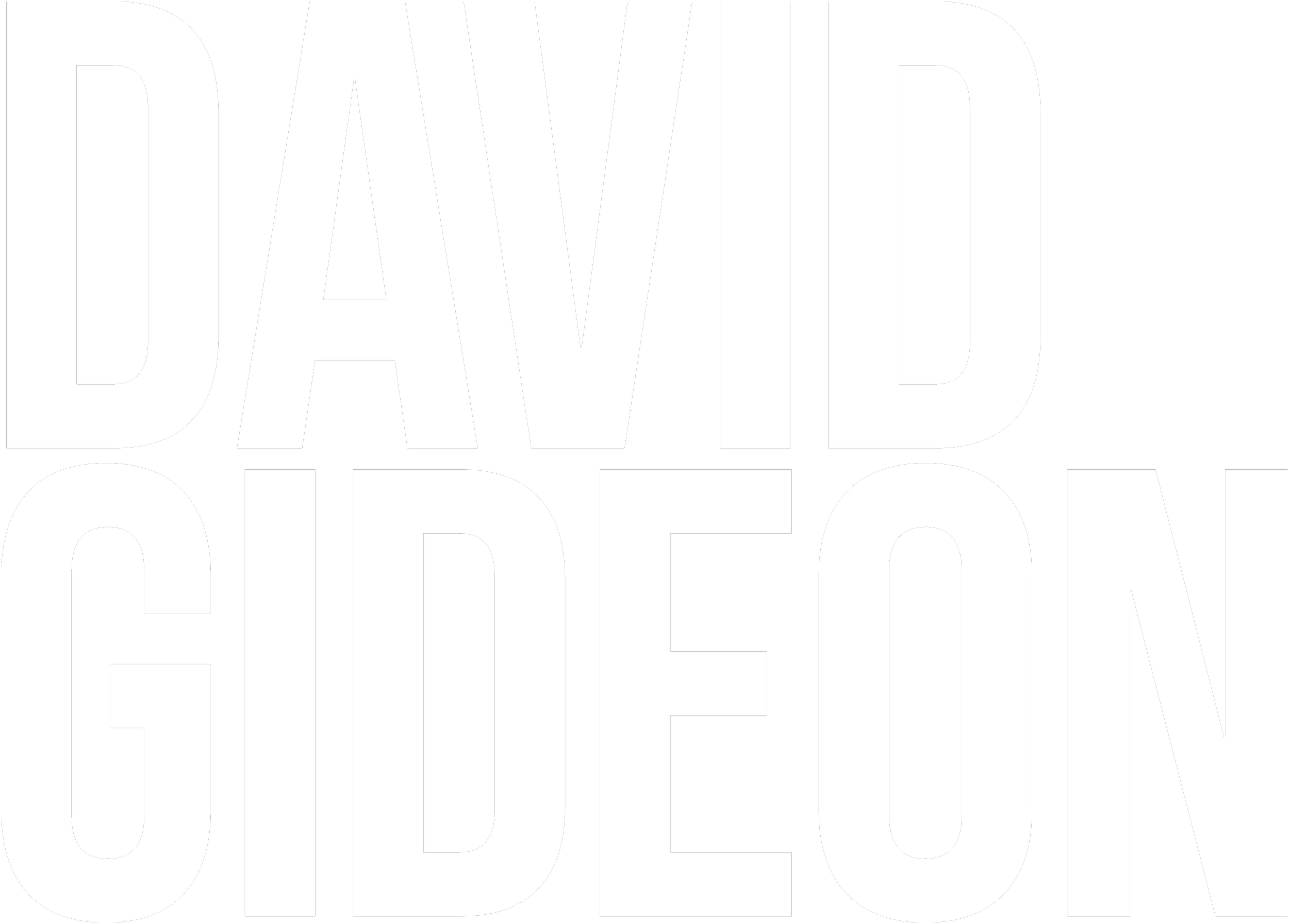That, in part, was one of Stanislavski’s definitions of good acting. Just the other day, one of my SUNY University students posted a blog on Twitter saying that he had been alone in a rehearsal studio working on a monologue. He said that he felt so free without having other people around to watch and judge him. He’s right of course. We all feel that way from time to time, but HOW do we achieve that every time we’re working; especially when there’s an audience?
Some actors feel that this is particularly hard when the audience has “special” people in it, or if the audience is very close to them as it would be on a film set. (The proximity of the crew upsets some actors even though most crew members are notoriously blase). Auditions, in which we ARE being judged can be even more disruptive for some actors.
The answer lies in our trained ability to place our concentration where it will serve us rather than interfere with us. The audience only disrupts us when we focus too much on them and on what they might be thinking. Do they think I’m any good? Is this play, part, character, or performance any good? In other words, How are they judging me?
We can’t control what any audience thinks. We can control where we put our energy. A great deal of time is spent talking about the relative benefit of relaxation and sense memory exercises; both as training exercises and in performance. What is overlooked is the public privacy that’s achieved when we are completely involved in exploring the imaginary circumstances of the play and in keeping the actor’s instrument relaxed, available, and expressive. This takes training and consistent practice over a period of time. There are no quick fixes. And there are no weekend or weeklong workshops that can supply that.
